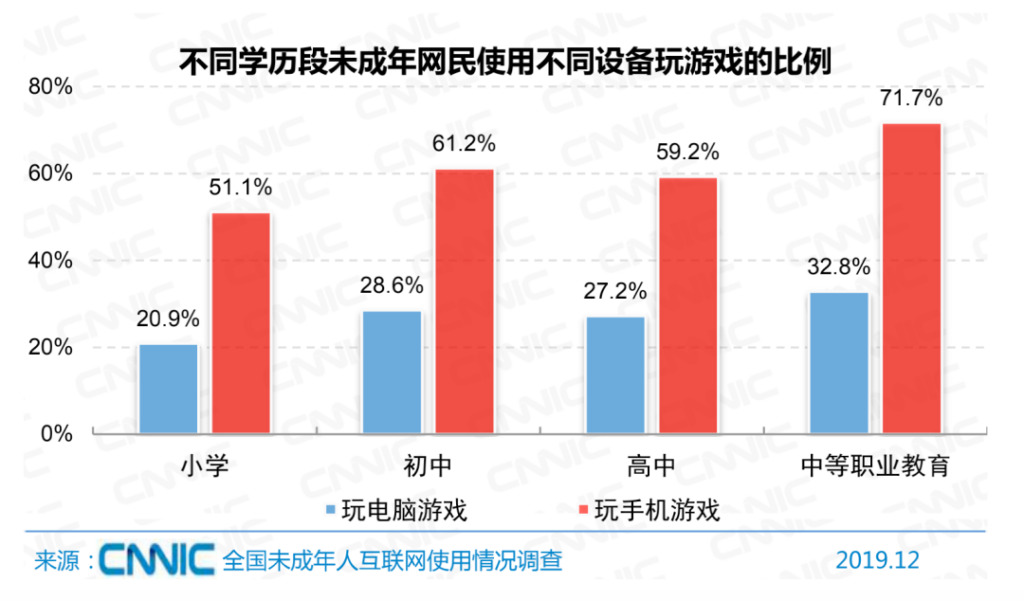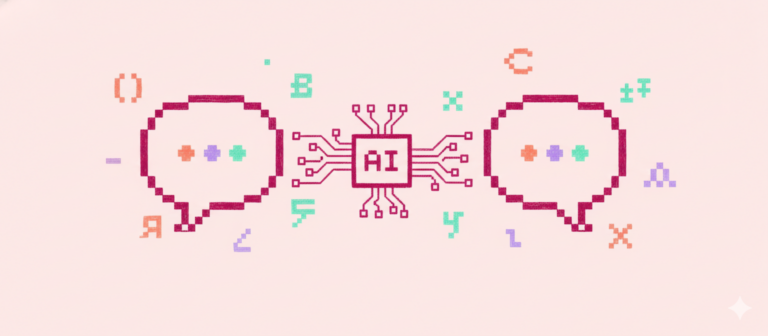Command Palette
Search for a command to run...
Tencent's 80 Games Have New Rules, Recharge Requires Facial Recognition, Designed Specifically for Students

Recently, Tencent Games announced that it would increase its measures to prevent game addiction. 80 of its popular games will gradually implement new regulations to prevent minors from becoming addicted to games, and also emphasized the use of facial recognition technology in them. So how much can AI do to prevent minors from becoming addicted to games?
In order to control primary school students from playing games, many parents have tried every possible means but to little avail. Now AI is being used to prevent game addiction.

Recently, Tencent Games announced the progress of its anti-addiction system for minors, and will increase the deployment of facial recognition technology in it.
By the end of this month, 80 games under Tencent will gradually implement new anti-addiction regulations.Through multiple verification and supervision technologies, we continuously improve the protection platform and prevent addiction caused by games.
80 games fully implement new anti-addiction regulations
Previously, 50 games under Tencent, including "Peace Elite", have gradually implemented anti-addiction measures in response to the new regulations "Notice on Preventing Minors from Being Addicted to Online Games" issued in November 2019.

Recently, Tencent announced that it will further increase the deployment of this initiative before the end of May, including 30 products including "Honor of Kings", "Dragon Nest" mobile games, and "Yun Shang Yu Yi".We will strictly implement the real-name system for online game accounts and control the duration of gaming sessions and amount of spending by minors.
One of the technologies that was highlighted was the use of AI technologies such as facial recognition to provide comprehensive supervision and protection for game users' login, gaming, and consumption behaviors.
Currently, "Honor of Kings" is undergoing grayscale testing.Facial recognition verification is required when playing games. The system will monitor users' unreasonable gaming behavior. If the account spends more than 400 yuan in a month, facial recognition verification is required.
These new methods will be combined with real-name authentication, game time supervision and other means, comprehensively considering the balance between user privacy, information security and the needs of identifying minors, and exploring reasonable ways to regulate games.

Launching facial recognition technology for supervision
With the development of the times, people's views on games have become more diverse. On the one hand, the e-sports industry derived from games is booming. On the other hand, game obsession and addiction are still a major social disease.
Cases of children secretly recharging large sums of money to play games often appear in the news. For minors whose minds are not yet mature, the game's anti-addiction system is particularly critical.

At this level, AI will bring some new breakthroughs. In the current anti-addiction system, AI is most commonly used in two aspects.
First of all, the game login aspect,Through facial recognition, real-name authentication and matching with public security authority data, we can restrict minors from logging in secretly.The system will also monitor gaming time based on the user's actual age.
This is equivalent to adding another threshold after real-name authentication. If the facial recognition results do not match the public security data information, the game will not be able to be played.
In addition, machine learning and other methods will be used to identify suspected minors based on user behavior habits.
Anti-addiction system deployed in the game,Through machine learning, it is possible to judge the user's in-game behavioral characteristics, including the user's age group, game time, and some in-game behaviors.

If the system detects suspected behavior of minors, it will conduct re-verification, which can effectively supervise and dissuade players from playing the game.
Is AI the best choice for preventing game addiction?
We are in an era of continuous technological development. Algorithms and data are increasingly affecting our lives. The design logic of many products, including games, is to constantly attract users' attention and use.
On the other hand, in order to ensure the healthy development of games and life, anti-addiction systems have gradually begun to become the technical standard of many products.
Take Tencent for example, 30% of its total revenue in 2019 came from games, reaching a staggering 114.7 billion; on the other hand, they also actively advocate the development of game addiction prevention measures. You can appreciate the profound meaning of this for yourself.
In comparison, the anti-addiction system built with AI can definitely play a more effective regulatory role than previous methods, but to what extent it can solve the problem still needs time to test.
Hopefully, we won’t cry out to AI: Save the children.

-- over--








